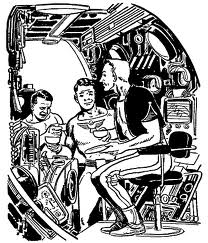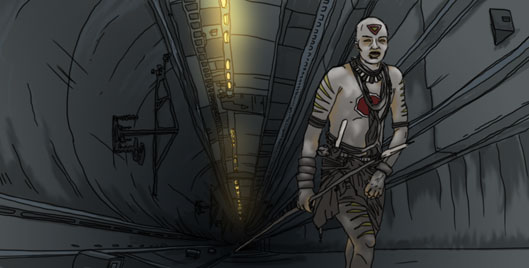 Previous: Done!
Previous: Done!
- Mobile phone and tablet access to docs, and interactive meeting participation with audio, change of viewpoint, and simple control of shared documents.
- Audio bridged to the public switched telephone network.
- The whole multi-user, multi-app realtime environment running within a single Web page.
- Automatically recording events to a tagging system.
- Connecting any objects as a concept map using stretchy light beams that you can travel along by touching them.
- Virtual glasses that let different participants see different sets of annotations on objects.
- Generating new in-world objects on-demand by sketching and painting in 2d or 3d.
- Graphical programming letting participants collaboratively program 2d and 3d behavior as they are using it.
How can all this be possible? Magic. But learnable magic.
Next: What Have We Made?








